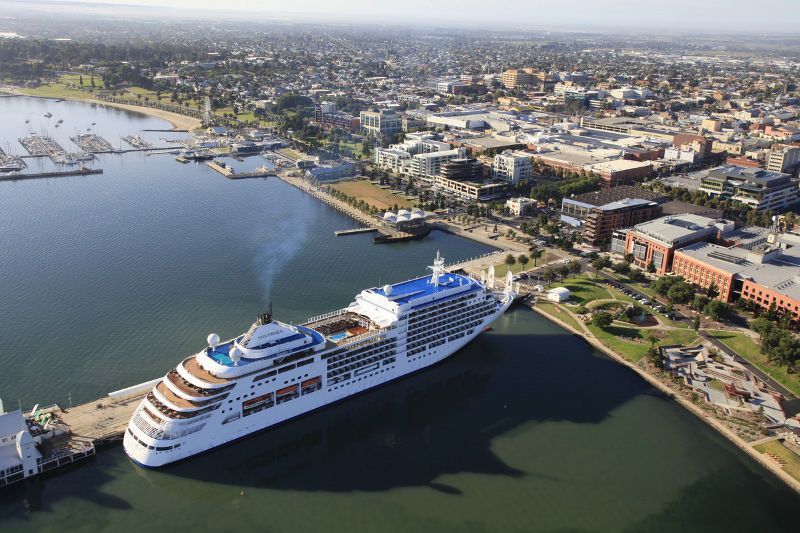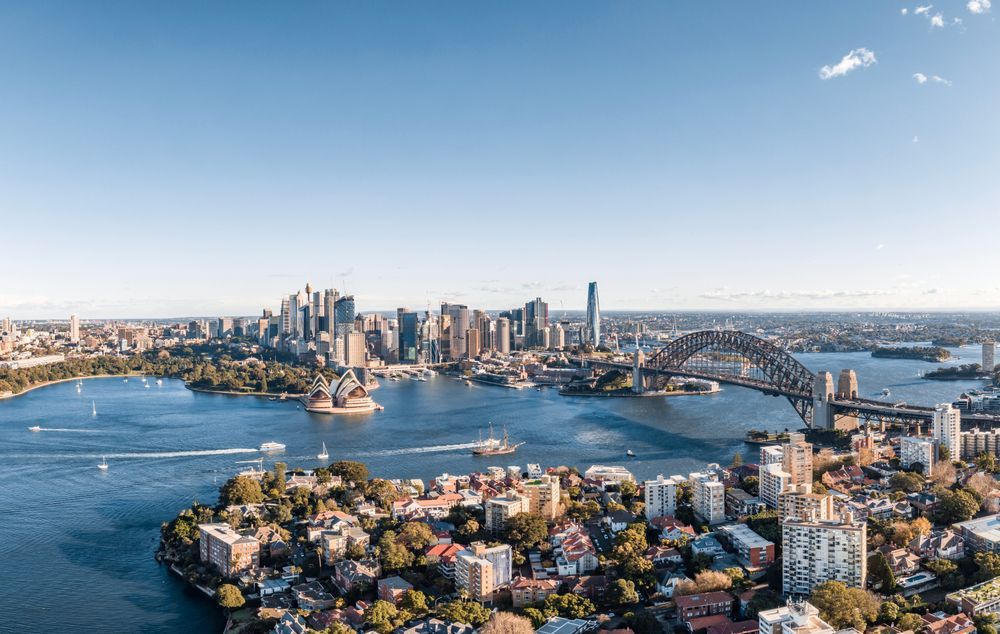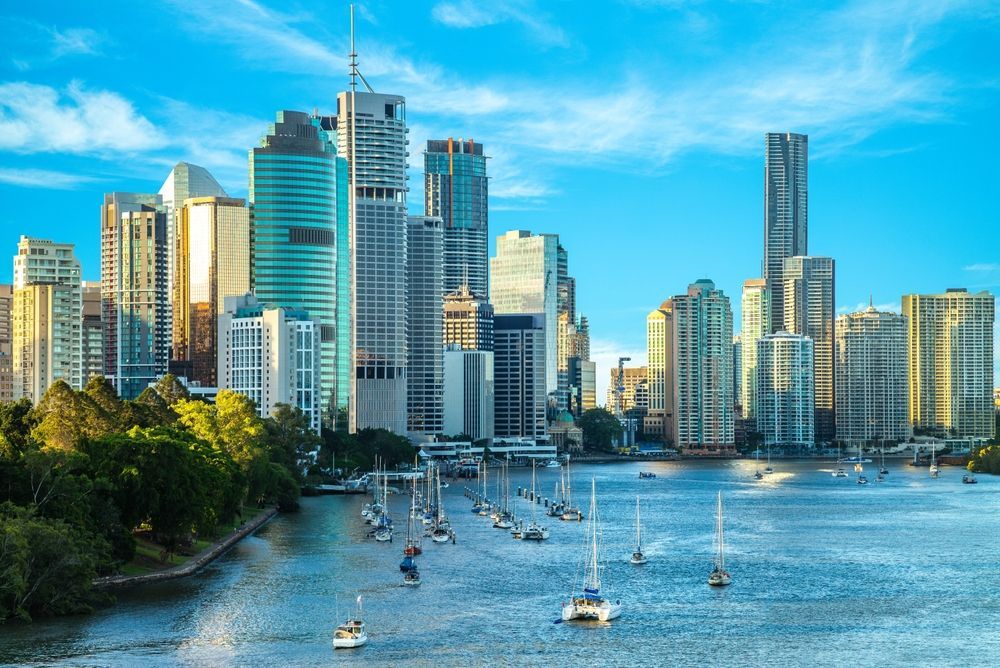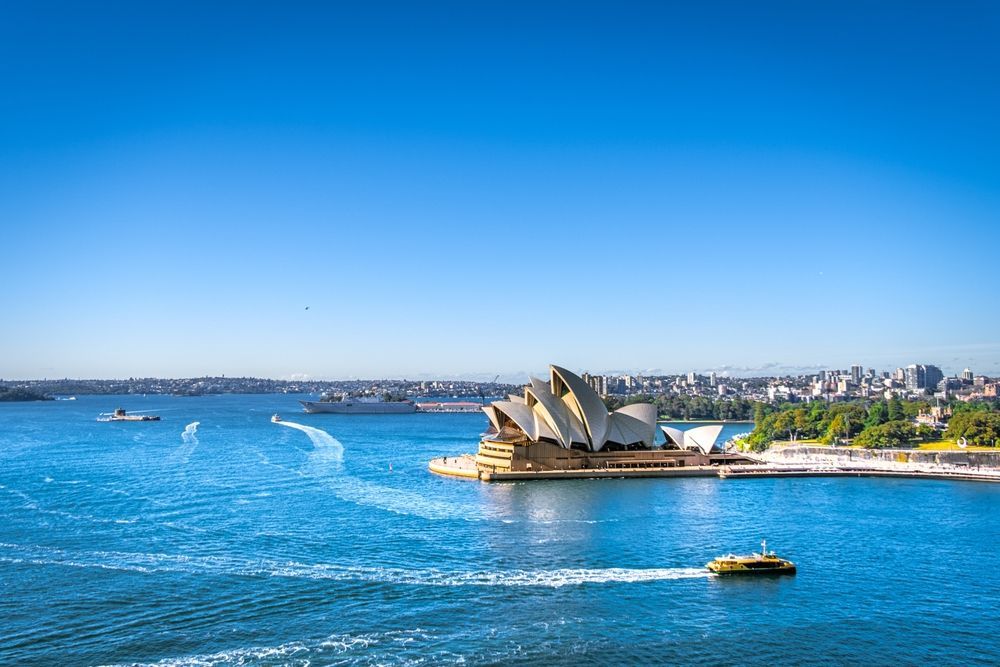Australia
Jobs for Physicians and Dentists and Recruitment Services for Hospitals and Clinics
AUSTRALIAN RECRUITMENT SOLUTIONS
Structured, compliance-focused recruitment solutions for healthcare organisations.
Sector Coverage
Doctors
- Specialists
- General Practitioners (GP)
- Resident Doctors - Registrars, House Officers
Dentists
- General Dental Practitioners (GDP)
- Specialist Dentists
-
Overcome medical workforce shortages with structured, compliance-focused recruitment solutions for doctors and dentists across permanent, fixed-term and locum models.
Our approach integrates market intelligence with detailed knowledge of AHPRA registration pathways, specialist college requirements, international eligibility criteria, visa sponsorship obligations and realistic onboarding timelines, enabling informed hiring decisions and reducing recruitment risk.
Latest Jobs in Australia
AUSTRALIAN JOBS
Advance Your Medical or Dental Career in Australia — Register for Exclusive Opportunities
Australia offers doctors and dentists competitive, award-based remuneration, structured specialist recognition pathways and strong demand across both metropolitan and regional settings.
With clear AHPRA registration routes, employer-sponsored visa options and attractive permanent residency pathways, particularly in regional roles, the transition is well defined and professionally supported.
We recruit for consultant, GP, registrar, RMO and dental positions in public hospitals and private practice nationwide. Register your CV to access current vacancies, detailed salary modelling and structured guidance on registration and immigration pathways.
Case Studies - Recruitment to Australia
Case Studies provide insights into the unique factors combining to create a successful placement; that is one which offers the physician an attractive career option whilst providing much needed skills and services to a healthcare organisation.
Read more
Case Studies
Latest Blogs
27 Million
POPULATION
8
STATES & TERRITORIES
AUD
CURRENCY
US$ 2.06 Trillion
GDP















